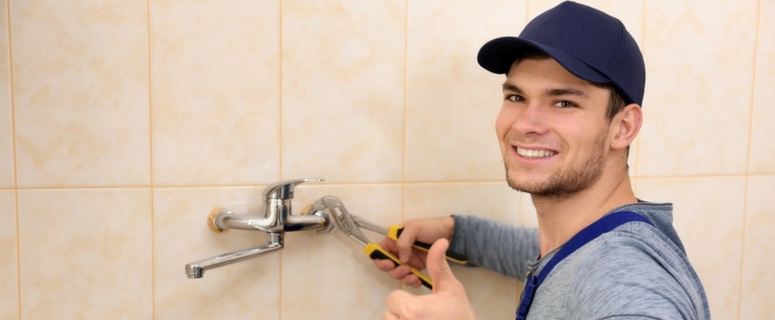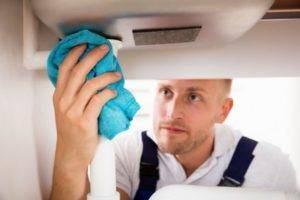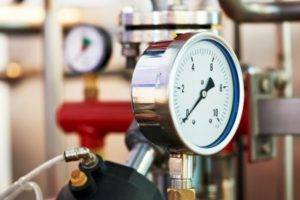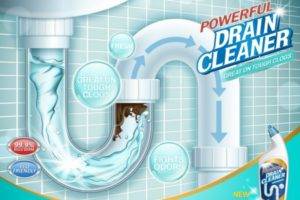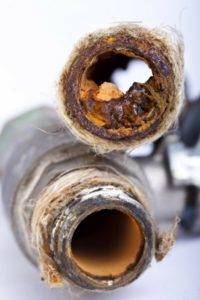We wouldn’t be where we are today in terms of health, sanitation, or convenience if it weren't for our indoor plumbing systems, and we rely on these every day for things like bathing, cooking, cleaning, and much more.
In order to ensure that you have water on-demand when you need it, there are steps you can take to keep your plumbing system in good working order, including leak prevention, which we’ll discuss in detail today.
Keep an Eye Out for Leaks
One of the best leak-prevention tips you'll ever get is learning how to detect leaks around your house because that way you can catch problems early and address them before they lead to bigger headaches.
Here's a quick and simple way to determine if you’ve got a leak somewhere:
- Check your water meter reading.
- Don’t use any water in the house for two hours.
- Check the meter reading again and compare it to the original.
- Assess the results: no change means you're good to go, but a change in the reading means you’ve got a leak.
If you do uncover a leak, then it’s time to start your detective work. Check the obvious places, such as faucets, visible pipes, showerheads, and toilets for leaks and drips. If that didn’t uncover the source, then check your attic, basement, under cabinets, and all the walls, floors, and ceilings for wetness, warping, discoloration, and blistering.
Keep the Water Pressure Lower
Just as a pressure washer can damage surfaces if used improperly, so too can high-pressure water damage your pipes.
This is particularly problematic if you have older pipes or ones that have been weakened by corrosion or other problems over time.
Keep Damaging Substances Out of Your Drains
Along with being terrible for the environment and your health, they can also corrode, erode, and weaken your pipes, all of which can lead to leaks or leave you susceptible to problems in the future.
Keep Your Pipes Healthy
For iron deposits, make sure you change the anode rod in your hot water heater every five years. When it comes to bacterial corrosion, a filter that treats the water before it comes into your house will do the trick. Finally, if acidity is the problem, you'll need to raise the pH of your water above 6.5, and you can do this with a calcite neutralizer tank or a soda ash feeder.
There are lots of plumbing tasks that you probably shouldn’t try to tackle without the help of a trained professional, but DIY leak-prevention is a good idea for every homeowner. With these simple steps, you'll keep your pipes in good condition, prevent costly and annoying leaks, and make sure that your family has access to the water you need for all your daily activities.

